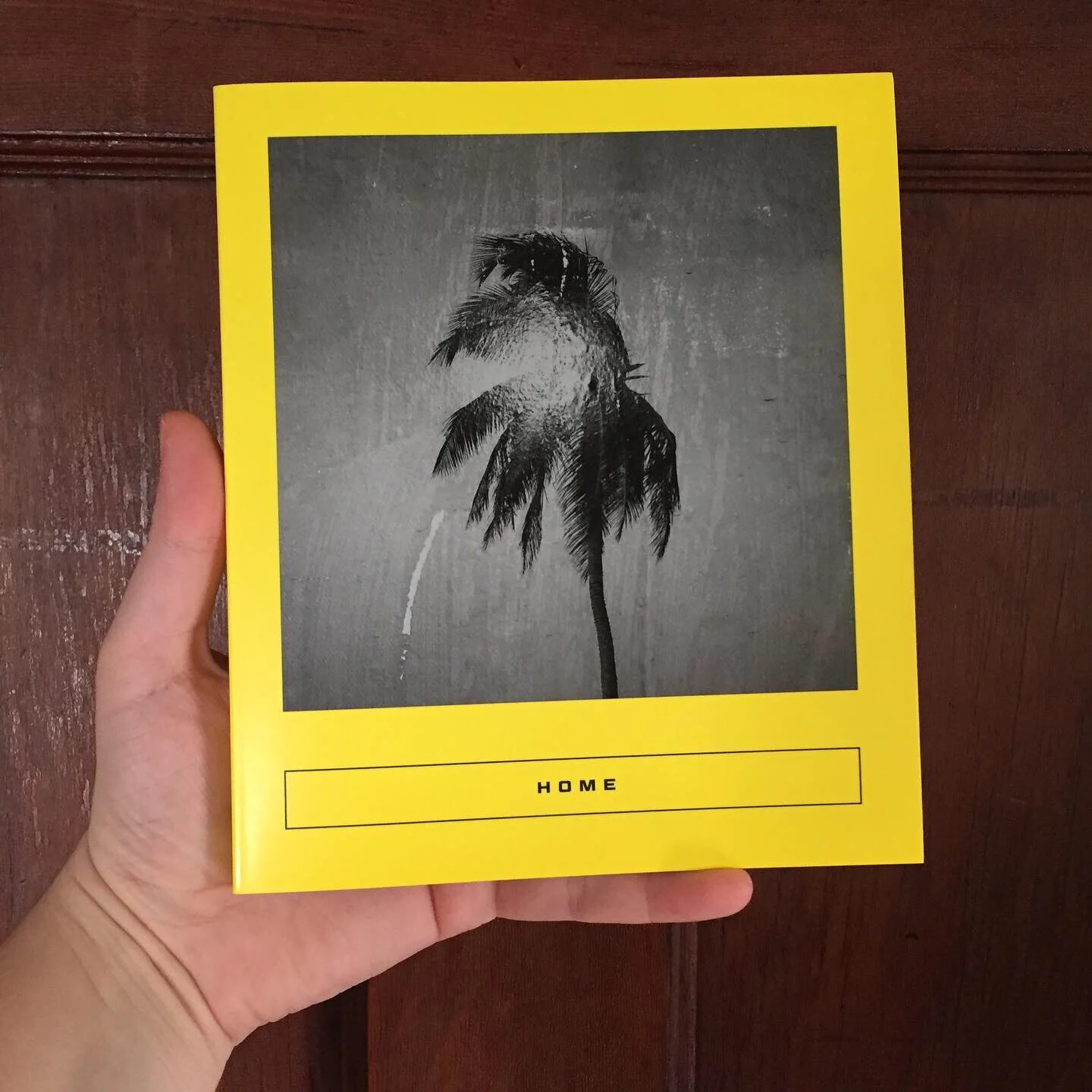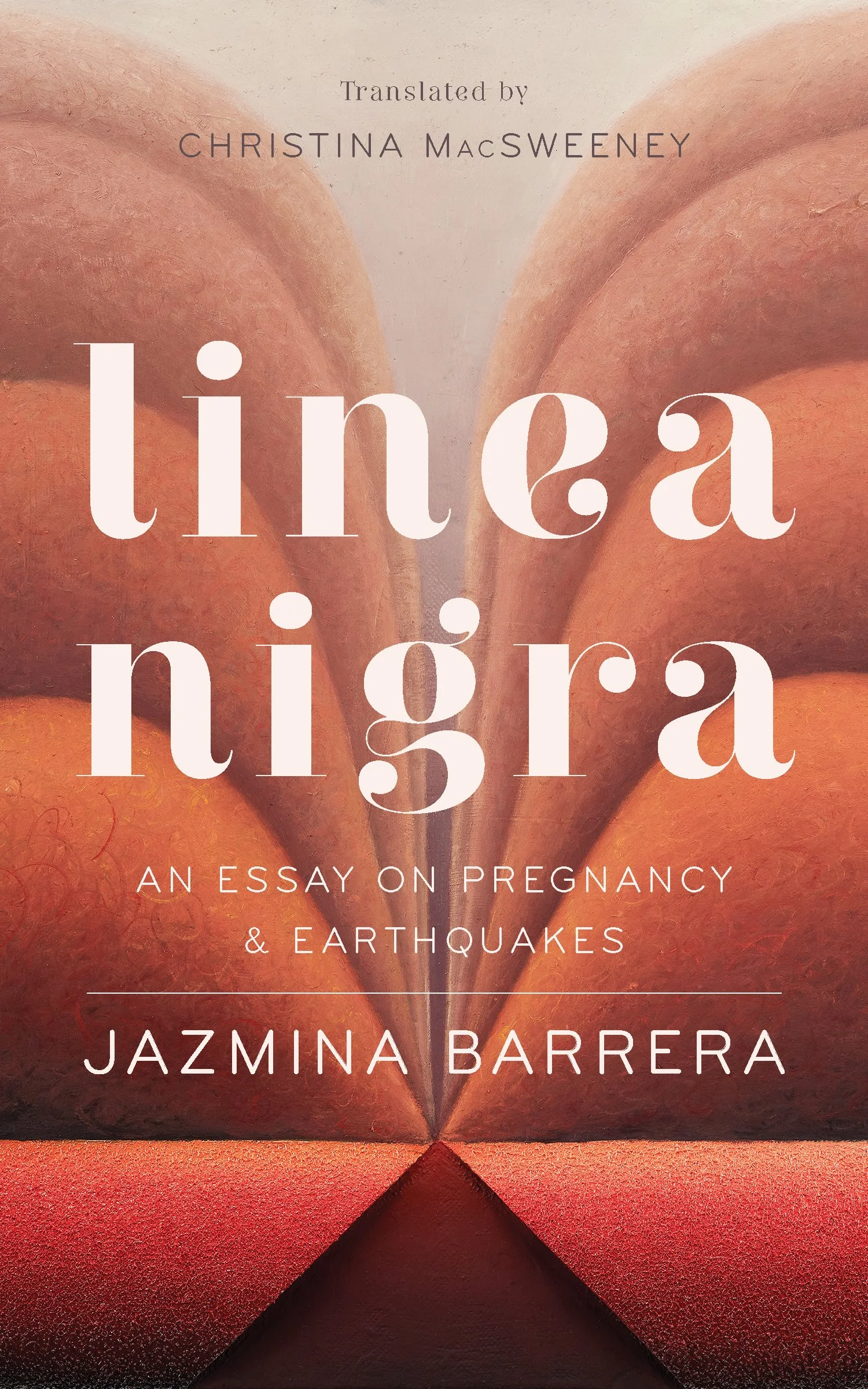Hot Off the Shelf - Home: New Arabic Poems
[image description: my hand holding a copy of Home: New Arabic Poems, which has a black and white photo of a palm tree on a yellow background.]
I received a free copy of this book in exchange for an honest review.
Since I’m working on a memoir about my half-Southern, half-Palestinian family, I’ve been reading more Palestinian lit over the past few months. So when I got the chance to get an early copy of Home: New Arabic Poems, which is a bilingual poetry compilation, I jumped at the chance. The very first poem introduced me to a Palestinian writer I hadn’t read before: Samer Abu Hawwash.
Before I dive deeper, here’s the synopsis:
Evoking the sights, sounds, and tastes of contemporary life, the poets in Home explore the intimate world of everyday life, its agonies and delights. A glass shatters in a neighbor’s sink followed by the stomping of “little feet”; a woman falls asleep on the shoulder of a man she doesn’t know on an airplane; and a man passes his time smoking alone a café, observing the charge of activity all around him. The worlds these poets traverse are not devoid of politics, wars, and global migrations, and yet by taking the minutiae of everyday life as their subject they remind us of the need to periodically turn inward and find meaning in the specific and deeply personal.
Featuring work by Iman Mersal (Egypt), Samir Abu Hawwash (Palestine), Ines Abassi (Tunisia), Fadhil al-Azzawi (Iraq) and others, this second book in the Calico series introduces readers to contemporary voices from across the Arabic-speaking world that are sorely underrepresented in the United States. Beautifully rendered into English by some of today’s leading Arabic translators, these poems are presented alongside their Arabic originals in a bilingual collection that celebrates language and its power to transform even the most familiar surroundings into enchanting landscapes for us to inhabit, if just for a moment.
I’ve read translated fiction and nonfiction over the years, though I’m not sure if I’ve read translated poetry before this book. In truth, I’ve always been a little shy about it because poetry relies so much on pacing and wordplay that I worried poetry quite literally wouldn’t translate well. I think about how, for example, the word “moon” is one syllable in English, but “luna” is two syllables in Spanish and how, depending on the poem and the translation, something as simple as that could throw off an entire line.
Though I was a little apprehensive at first, that concern was quickly alleviated in Home. I don’t know Arabic well enough to know if the translations were just exceptionally well done or if poems that translated well were deliberately chosen or both, but I so enjoyed this book and several lines from a couple of different poems are still stuck in my memory weeks after reading them.
I’m trying to learn Arabic, which I understood as a child though could never speak because of my thick Southern drawl, so I especially appreciated having the Arabic version on one side of the page and the English translation on the other. I hope that in time I’ll be able to read the original poems as proficiently as the translations.
Another thing I think the publisher, Two Lines Press, did well was choosing poems that showed a breadth of human emotion. I feel that so often Arab writers get pigeonholed into writing only about conflicts and corrupt governments and bombs. While these are of course valid and real experiences, they’re not the only experiences Arabic people have. Feelings of fear and worry are valid and real as well, though they’re not the only emotions Arabic people are allowed to have. I appreciate that this collection shows poets from a variety of Middle Eastern countries as full, whole people.
I’m also of the opinion that poetry isn’t supposed to be some big puzzle and the reader has to patch together a bunch of obscure clues to understand it. I like that the poems in Home are accessible and plain-spoken. This collection is proof that poetry can be beautifully rendered and reveal fascinating truths about the world without me having to gear up for a literary go go gadget.
This is definitely a book I foresee myself returning to again and again in the years to come. If this sounds like one you’d enjoy too, you can grab a copy here.






